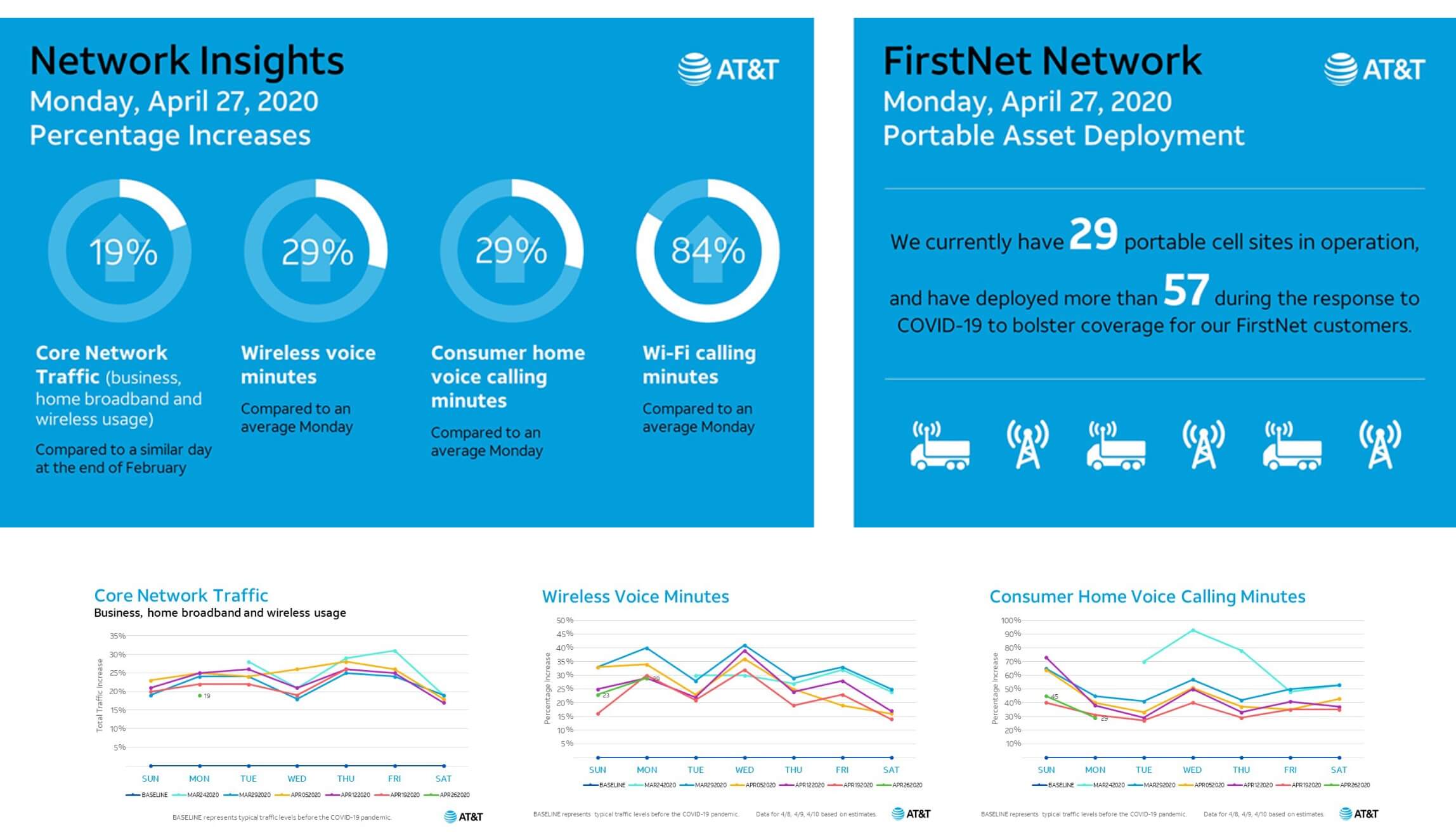[ad_1]
In brief: Over 700 companies have agreed to voluntary commitments not to terminate service for subscribers for 60 days, starting mid-March. At least some of those companies are now extending those measures until June 30 at the earliest, as well as opening up their Wi-Fi hotspots for people who might need them.
Back in March, the FCC said it came to an agreement with Internet service providers across the United States not to disconnect customers who aren’t able to pay their bills on time during the coronavirus pandemic.
The importance of the “Keep Americans Connected Pledge” cannot be overstated at a time when most rely on their Internet connections to study, work, and communicate with each other. There’s been a significant shift in how and when people use the Internet throughout the day, whether it’s about increased traffic in videoconferencing apps, social media, streaming websites, or accessing virtual machines.
Almost all internet providers including large players like AT&T, Cox Communications, Verizon, T-Mobile, Comcast, and Google Fiber immediately accepted the pledge to waive late fees.
Some like Comcast and AT&T also suspended their data caps, which was a welcome move for many who couldn’t do a whole lot before they went through their allowance.

The deadline to the pledge is mid-May, but according to a Reuters report, Internet service providers will continue in the spirit of the pledge. Specifically, Comcast and Cox have announced that they’ll waive late fees through June 30, in addition to opening up their Wi-Fi hotspots.
AT&T, Verizon, and T-Mobile have agreed to the same policy.
Last week, a coalition of 24 state attorneys general asked carriers to keep their no-disconnect commitments in place through August 11, but networks explained their decisions are mostly motivated by the need for students to finish out the school year. It’s also a subtle acknowledgement that lockdowns will lift slowly and people are going to need Internet access to gain new skills, hunt for job openings or do remote work.
It’s worth keeping in mind that with some providers like Verizon you have to let them know that you’re having trouble paying their bills, as it won’t assume that from the simple act of not paying them.
In related news, Comcast may consider killing data caps, after it’s become very hard to justify overage fees when the networks have little trouble coping with the increase in overall traffic.
Internet giants are also fast-tracking their infrastructure upgrades, which should put the final nail in the coffin for data allowances, or so we hope.
[ad_2]
Source link
